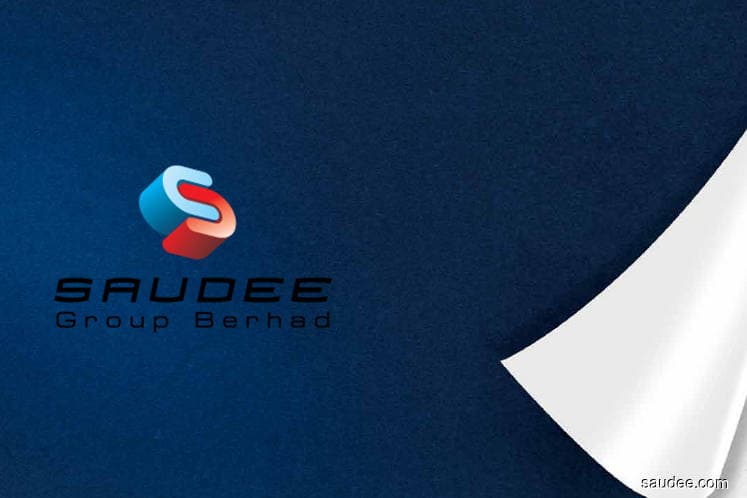
This article first appeared in The Edge Financial Daily on January 22, 2018
SUNGAI PETANI: Saudee Group Bhd has adopted a drastic revamp from 2015 to overcome weak consumer sentiment, stiff competition and foreign exchange (forex) fluctuations, including the axing of about 5% of non-performing products within the group’s core manufacturing-further process product (FPP) range.
It also reduced more than 50% of low-margin trading products, and hived off its property development unit in the financial year ended July 31, 2017 (FY17). Its chief financial officer Chong Kok said there will be “more chopping” as it reduces its gearing and practises a leaner management style. It also launched an employees’ share option scheme.
“We cannot keep operating a business-as-usual mode and expect to see changes in our earnings,” said Chong. Early last year, the group pulled up its underrated food service segment — involving the supply of ready-to-eat food products to restaurant chains — a non-core unit under the FPP sector, which was given a new lease of life. Chong said the measures were put in place in the second half of FY17.
He said the domestic market is replete with dozens of brands.
“People tell us to sell cheap, but we don’t want to be branded in that category. We had no choice but to refocus on food service. The original equipment manufacturing (OEM) and exports under the FPP segment would remain. We want to do premium products only,” he added.
Chong does not expect revenue to be high in FY18, but said profits should be better on a stronger ringgit.
After posting net losses in FY15 and FY16, the group in FY17 posted a net profit of RM1.41 million, compared to a net loss of RM3.59 million in FY16, on the back of a higher revenue of RM155.76 million versus RM147.1 million previously, on the realignment of the process flow to be more efficient and cost effective while focusing on better selling and higher-margin products.
For the first quarter ended Oct 31, 2017 (1QFY18), Saudee reported a net profit of RM414,000 and a revenue of RM31.76 million. There are no figures for comparison as the group’s financial year end was changed to July 31 from May 31. The food service unit’s sales jumped to some RM500,000 a month in FY17, from RM20,000 previously.
The unit produces two items — chicken kaarage and smoked duck breast — for a Japanese food chain and a Western food chain in Malaysia. Chong is confident that sales would rise as its food technology team strengthens food quality.
Saudee’s 1QFY18 financial report says it would introduce innovative products such as smoked sausages and smoked chicken, and collaborate with strategic partners to produce a new halal food product for the local and export markets.
“The products would make a significant contribution to the group’s results when implemented in the coming 12 months,” the report said.
Saudee is also in discussions with a distributor in Japan to expand its food service business there. The group only supplies one OEM brand to Japan. Chong said more than 90% of its revenue is derived from Malaysia, with the FPP and trading segments contributing equally. Within the FPP, Saudee’s “own brand” product section makes up almost 80% of the business unit’s revenue.
Chong sees the food service’s revenue contribution to its FPP segment rising by 10% to 20% in FY18.
For the trading segment that deals in premium beef products and dairy products, many low-margin products are being removed.
“We are chopping the volume of trading tremendously because we don’t believe in that so much. It has incurred losses in the past. It gives revenue but not profit. We cannot control forex … it is unpredictable. We have to buy food products with cash. We have no time to react to forex [fluctuations]. It is like a hedging gambling business, which we don’t want to engage much in,” he said.
Chong explained that the lowest-margin products are in the trading segment, which saw more than 50% of them cut in FY17, with another 20% expected in FY18.
“It is a way to reduce forex risk. It is not that the products are bad. The beef is from Australia and New Zealand. There are also cheese, butter and margarine, but to us, those are non-core products,” he said.